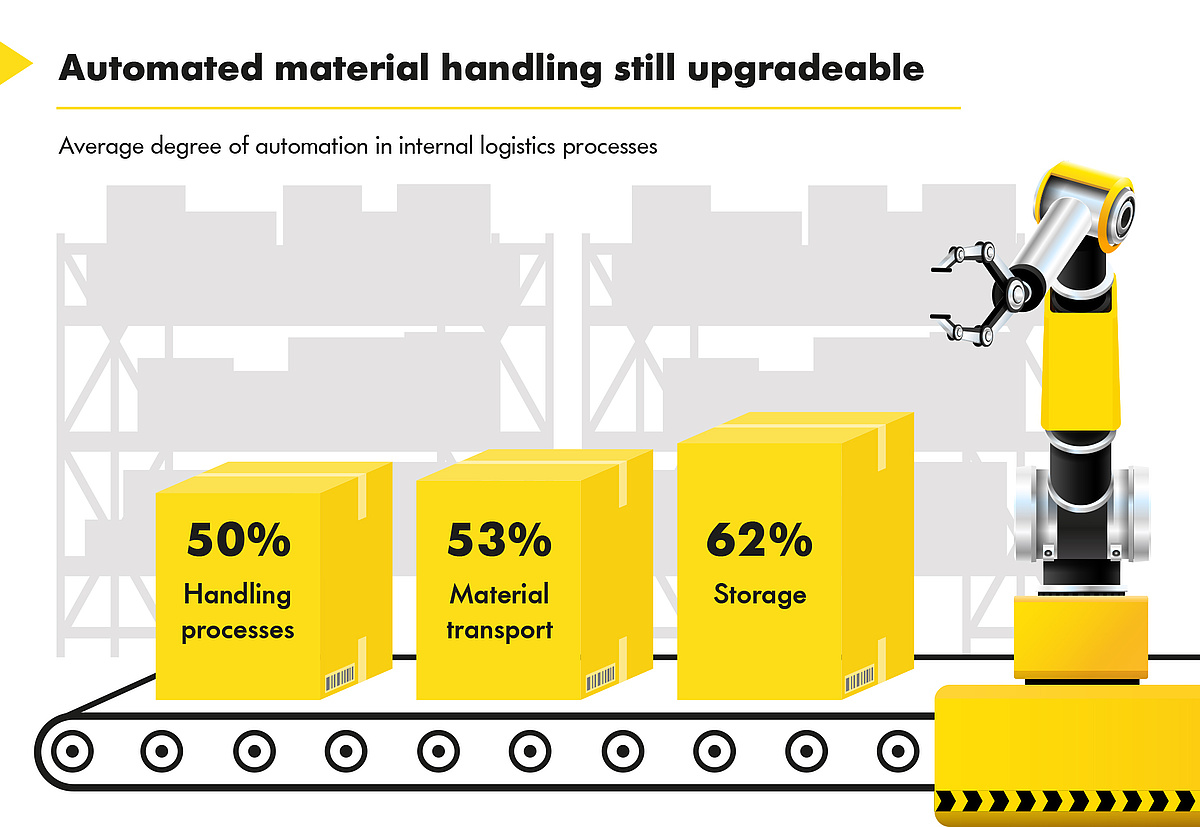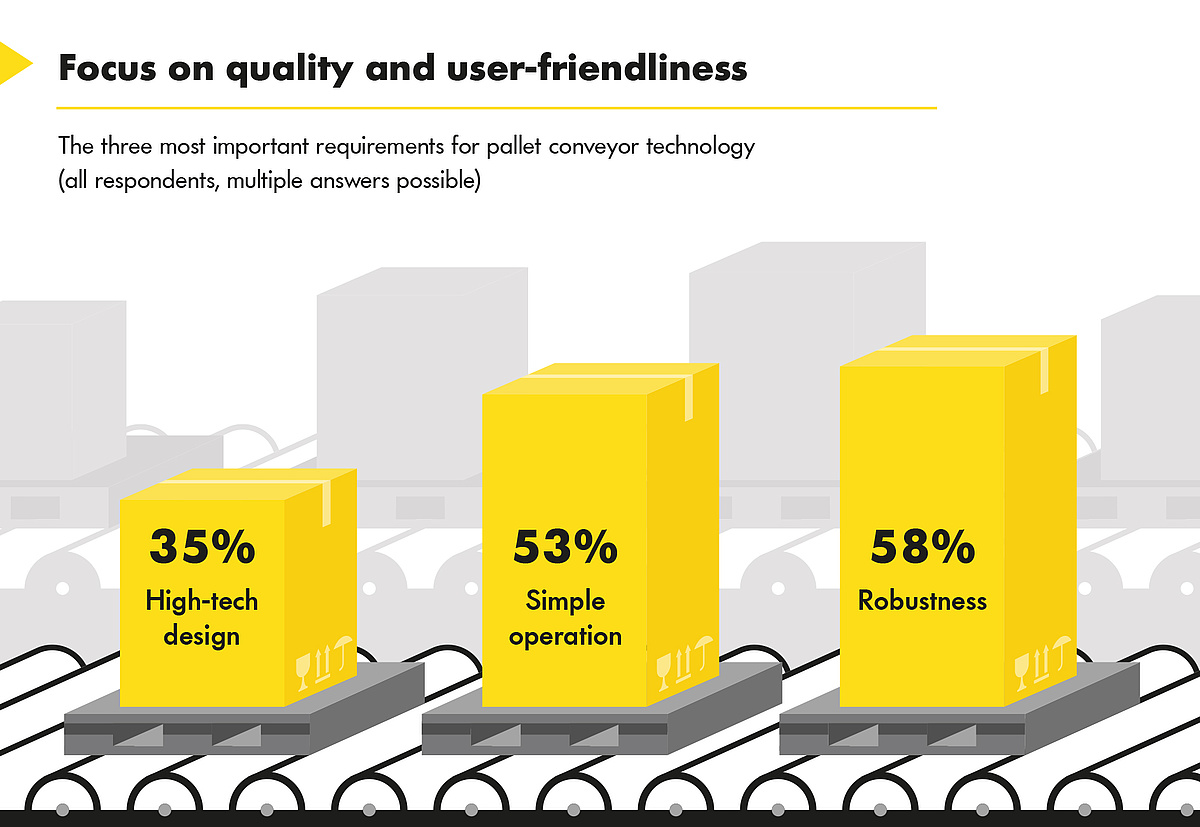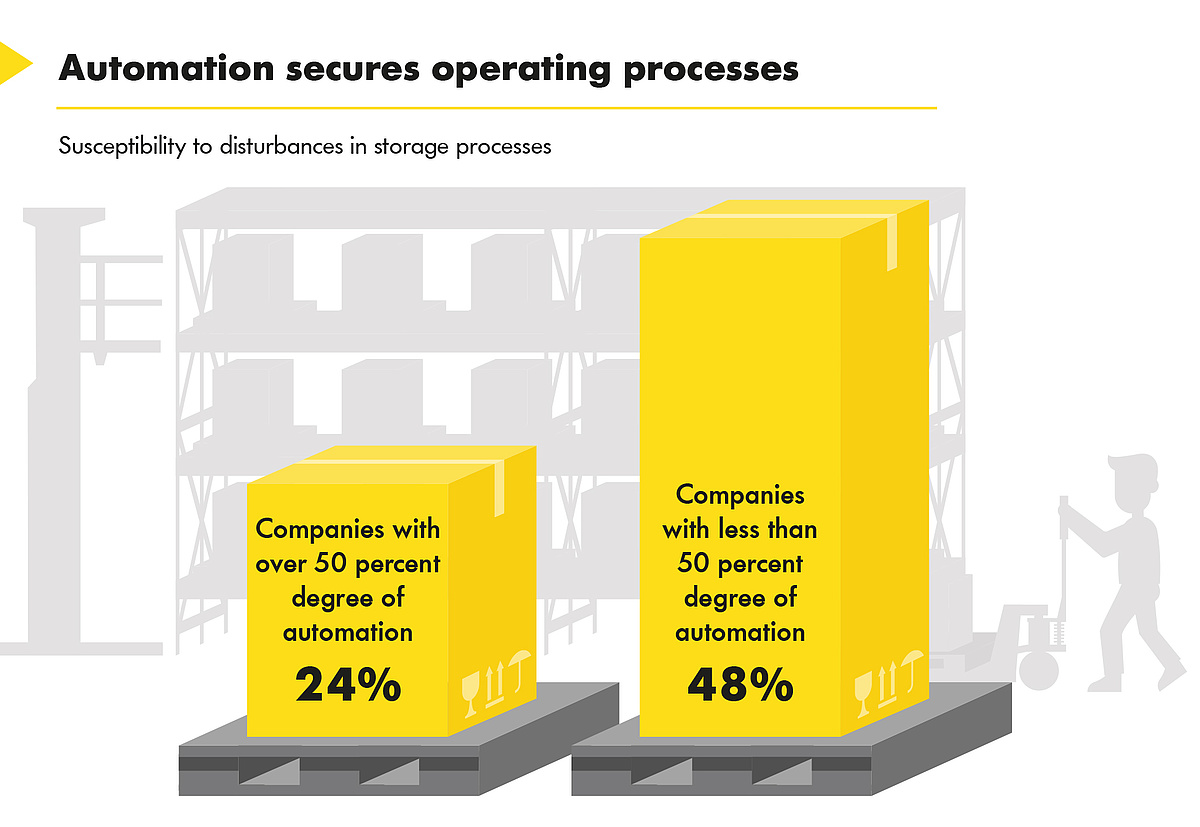United States
More countries
Menu
Service
Solutions
Sort
Pick
Convey
Store
Industries
Airports
Courier, Express & Parcel
Fashion & E-Commerce
Food & Beverage
Manufacturing Logistics
Storage & Distribution
Tire & Automotive
Products
Unit Handling
Pallet Handling
Unit Handling
Pallet Handling
Unit Handling
Rollers and Wheels
Drives
Controls
Conveyors
Power Supplies
Sorter
Carton Flow
Pallet Handling
Rollers
Drives
Controls
Modular Pallet Platform
Stacker Crane
Transfer Car
Pallet Flow
Smart Pallet Mover
Tools & Downloads
Tools & Downloads
Software Downloads
Tools & Downloads
Belt Drive Matchmaker - BDMM
CAD Download
Downloads
E-learning
Lifetime Service
Software Downloads
MultiControl
Pallet Control
Company
About Interroll
Technology
Investor Relations
Sustainability
About Interroll
Culture and Values
Corporate Governance
Corporate Compliance
Interroll Academy
Careers
Technology
Centers of Excellence
Innovation Projects and Development Center
Digitalization
MicroHubs
Energy Efficiency
Logistics Industry Outlook
Investor Relations
Ad Hoc Press Releases
Stock Information
Reports and Publications
Annual General Meeting
Financial Calendar
Financial Analysts
Alternative Performance Measures
Investor Relations Contact
News service & Press Contact
Sustainability
Sustainability Management
Sustainable Development Goals
Sustainability Report
ESG Download Center
News & Events
Events
Press Releases
E-Moving Magazine
News Service & Press Contact
PR material / Gallery
References



Automation and robotics are key technologies for greater competitiveness, quality and sustainability in industrial production. In order to optimally tap the productivity potential of these technologies, the internal flow of materials plays a central role. This applies not only to the supply of materials to assembly lines or robots, but also to the most seamless connection of storage and picking areas with incoming and outgoing goods. Most large companies have recognized this challenge. But what is the actual situation with automation in medium-sized companies?
Only a minority is already highly automated
Interroll's survey ”Production Logistics in Medium-sized Companies” identifies a clear need to catch up in this area: The average degree of automation of internal material handling at the companies surveyed is only 53 percent. Not even one in five companies (19 percent) achieves a level of automation of over 75 percent for these processes. Nearly one in 10 companies (9 percent) has been very reluctant to invest in these processes and has an automation level of just under 25 percent. In the case of handling processes, this even applies to every fifth company. This situation in the companies suggests that there is a backlog demand for the appropriate equipment. If this reluctance to invest is not broken, these companies are likely to face competitive disadvantages in productivity.
Interestingly, the survey also shows this situation in the susceptibility of warehouse processes to failures, which the respondents reported. For example, the number of companies with a degree of automation of less than 50 percent doubles to 48 percent compared to 24 percent of companies with a higher degree of automation. But even those who automate are naturally not completely safe from disruption. Here, software malfunctions (40 percent) and the incorrect operation of complex systems (32 percent) are among the most frequent causes of impairment.
Simplicity and robustness are particularly important for users
Incidentally, easy operability of conveyor modules also plays an important role for the survey participants in pallet handling. Sixty-one percent of the production planners even consider this feature to be the most important factor in these processes. Across all those surveyed, the durability and robustness of pallet conveyor technology (58 percent) accounts for the decisive advantage of a solution. And those who believe that those responsible in medium-sized companies are not open-minded about future trends are mistaken: 67 percent consider predictive maintenance and professional service to be the most important criterion for ensuring smooth production processes, even before applications with a long service life (53 percent) and modularized products (50 percent).
In the survey commissioned by Interroll and conducted by the agency Faktenkontor (Hamburg), a total of 200 production companies in Germany were surveyed by telephone in 2019.. The focus was on companies with 50 to 500 employees and a turnover of up to 500 million euros. The companies came from a wide range of sectors, including mechanical engineering and the food and consumer goods industry. Technical decision makers, such as technical managers, production managers and production planners were particularly addressed.
With the results of this survey in mind, Interroll is actively working on a new solution - the Smart Pallet Mover, or SPM- to better organize and automate the “last mile” in manufacturing areas.
This new interface will improve the connection between the different phases of the material flow, that is, the movement, organization, input and output of pallets. The SPM can be deployed not only in proximity of manufacturing machines but also between different production cells within the same manufacturing process.
Find more information here:
https://www.interroll.co.uk/products/spm/